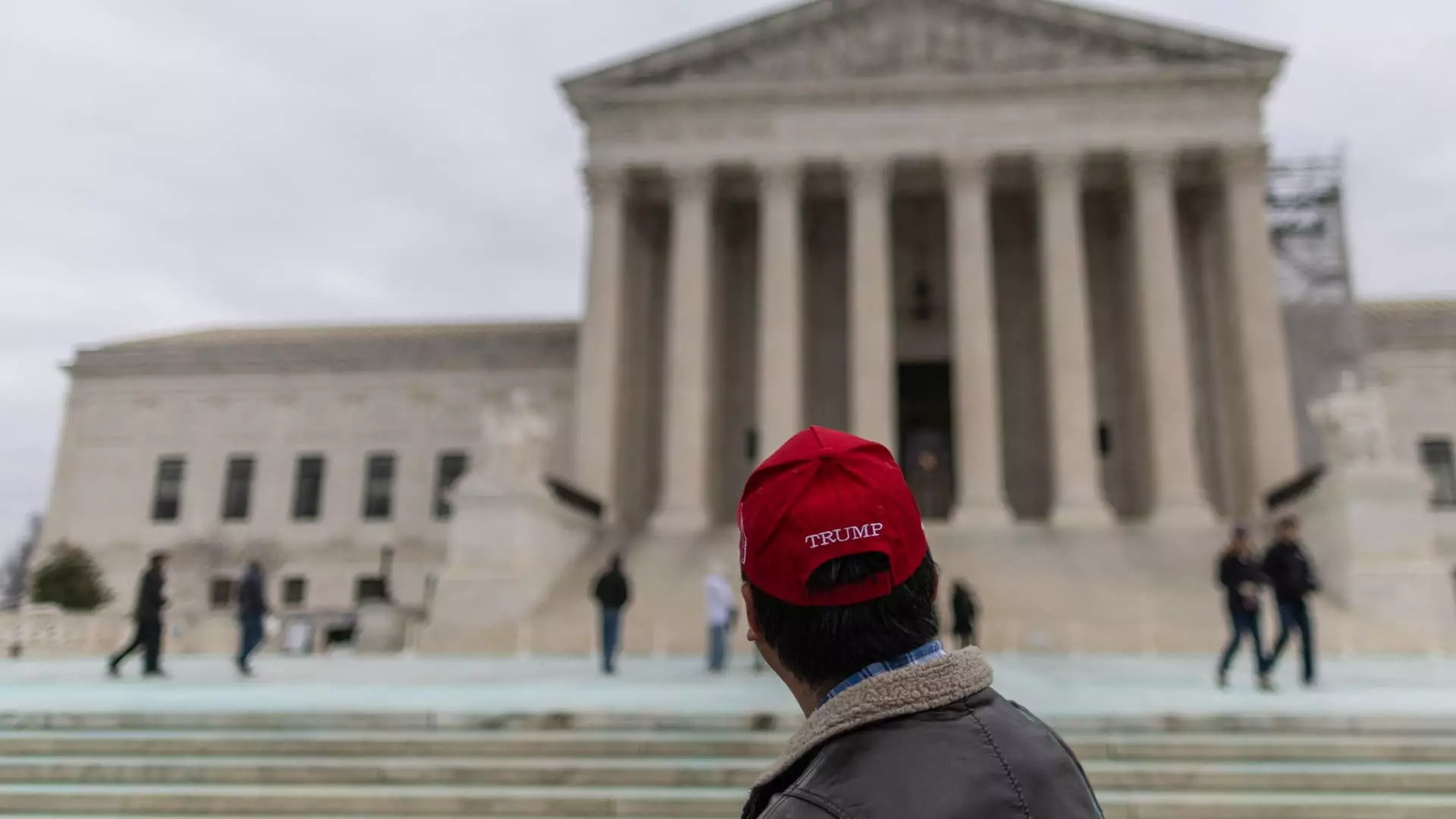The recent events surrounding the dismissal of Hampton Dellinger from his role as the head of the Office of Special Counsel (OSC) have ignited a firestorm of concern about the protection mechanisms for federal whistleblowers. Under the Trump administration, a clear challenge to the authority and autonomy of this federal agency has emerged, suggesting a shift in the political landscape regarding accountability and transparency within government.
The OSC is tasked with safeguarding federal employees against retaliatory actions for reporting misconduct, making Dellinger’s position immensely significant in upholding civil service protections. Appointed during President Joe Biden’s term, Dellinger’s leadership has become contentious, marking a tension-filled phase as the Trump administration attempts to exert greater control over governmental bodies. The legal battles that are ensuing not only target personnel changes but also raise profound questions about the balance of power between different branches of government.
Legal documents recently obtained detail a request by the Trump administration to the Supreme Court, seeking to overturn a federal judge’s order that temporarily reinstated Dellinger at the OSC. This appeal highlights a strategic legal maneuver aimed at counteracting diminished executive power, demonstrating an urgent desire to realign governance according to the administration’s objectives. It is essential to consider the implications of such moves, especially as they could set a precedent for future interactions between the executive branch and its oversight bodies.
The appeal itself reveals an intent to reshape federal oversight, which raises alarms given the administration’s historical approach to accountability. The Justice Department’s argument that a court order, which temporarily preserved Dellinger’s position, represents an unacceptable intrusion into executive power, introduces a notion of executive supremacy. Such a framing could precipitate a more standard approach where political motivations overshadow established protections for civil servants, especially those who champion transparency and ethical governance.
Dellinger, in light of his abrupt dismissal, articulated that his removal lacked a basis in the legal standards set forth for his position, advocating that he could only be terminated for performance-related issues. His insistence on adhering to those stipulations highlights a commitment to maintaining the integrity of the OSC’s mission. Dellinger further emphasized the importance of his role given the unprecedented rates of dismissal in federal employment, which exhibit alarming tendencies towards politicization in staffing decisions.
The repercussions are significant. If Dellinger’s argument prevails, it could affirm the OSC’s mandate as an independent body capable of withstanding political upheaval. Conversely, a failure to uphold such standards could contribute to a normalization of retaliatory actions against federal employees who voice dissent against executive actions, fostering an environment of fear and silencing potential whistleblowers.
The Broader Implications for Federal Governance
The current legal battle raises numerous questions regarding the future landscape of federal governance and the role of whistleblower protections within it. The ongoing struggle reflects a broader narrative of the Trump administration’s desire to drastically shift the contours of federal authority. This situation showcases the complexities embedded in the interaction between presidential power and the operational integrity of federal agencies.
The case is not just about the fate of one individual; rather, it encapsulates a theoretical and practical contest over the extent of executive authority versus the necessity for checks and balances. With the Supreme Court’s conservative majority, including three justices appointed by Trump himself, the outcome could signal a pivotal moment that affects not only current but also future administrations. The respect for civil service protections could hang in the balance, and thus, the implications of this case will resonate far beyond the immediate legal battles.
As the nation observes these unfolding events, it becomes increasingly evident that the protection of whistleblowers is under siege, with political motivations threatening to overshadow constitutional responsibilities. The OSC’s role is more crucial than ever in encouraging transparency and accountability within government. Watching how this legal narrative unfolds may provide insight into the future trajectory of civil service protections, reminding us of the continuous necessity to uphold the values of democracy and integrity in governance.


Leave a Reply